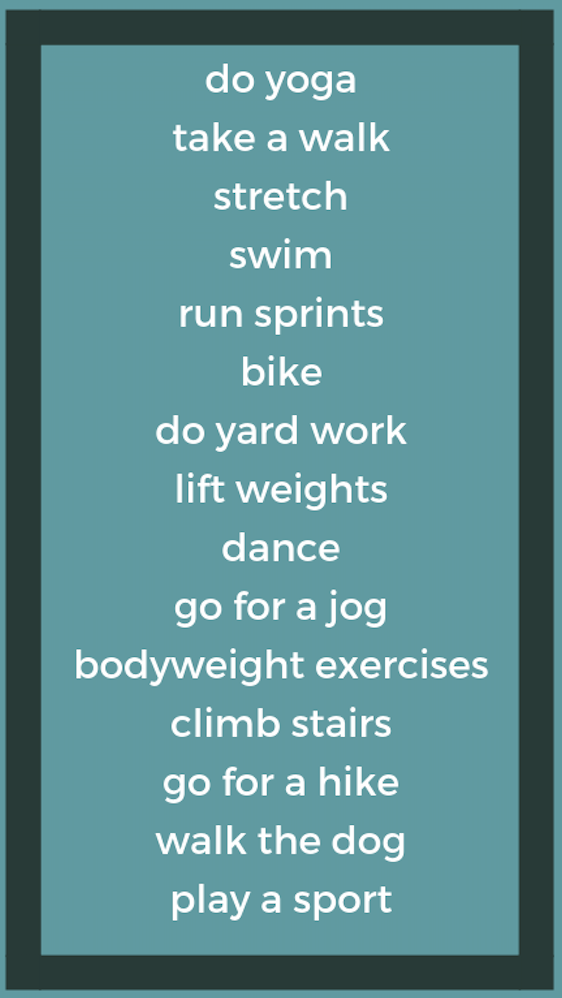We’ve made it to the last principle of Intuitive Eating:
Honor Your Health with Gentle Nutrition.
Although intuitive eating promotes somewhat of an “eat what you want” mentality, it’s still important to care about good nutrition and make choices that will make you feel best. Intuitive eating creates a mental space and a positive relationship with food that allows you to adopt health-promoting habits rooted in self-care, making it much more sustainable and enjoyable than rigid diet rules.
The difference between intuitive eating and traditional diet approaches regarding nutrition is that, here, nutrition is the very last principle. It comes last. Healing your relationship with food, your body, and ditching the diet mentality come first so that you’re able to consider nutrition choices from a place of self-care and not restriction.
This principle does not mean that you will eat a “perfect” diet by any means, nor that perfection is required to be healthy. It’s not. It simply means that intuitive eating should still involve more fruits and vegetables than desserts, but that those desserts can be part of a healthy diet too.
NOTE: Early on in your journey, you might eat more “bad” foods, the things you had previously deemed as “off-limits”, until your body trusts that you’re able to eat those things freely when you want them.
Intuitive eating encourages “gentle nutrition” for you to make choices that are both good for your health and satisfying for your taste buds. It’s not rigid, restrictive, or complicated.
Here are some things for you to consider for a gentler nutrition approach:
1. Focus on the big picture.
A single food, meal, or day of eating makes very little difference when it comes to health. Think about patterns rather than single situations. Small shifts in your pattern of eating will make a much bigger difference than a single meal or day of eating “good” or “bad” will. And, if you do eat something “unhealthy” one day that might be out of your typical eating pattern, it’s okay. The worst thing you can do is dwell on it and try to compensate. That food will make such a minute difference, if any at all, so just listen to what your body is asking for, honor it, and move on.
2. Additions, not subtractions.
Rather than trying to determine things you believe you should eliminate from your diet, look for things to add that would help boost your nutrient intake. All foods DO fit, but there’s no denying that some foods are more nutrient-dense than others.
Can you include more leafy greens by throwing spinach in your morning smoothie or scrambling some into your eggs?
Can you try eating fatty fish more frequently? Experiment with a can of tuna or keep some frozen salmon in the freezer.
Can you switch your bread from white to whole grain or try brown rice instead of white rice sometimes?
3. Include variety.
By eating many different foods, you’re able to get a much wider spectrum of vitamins and nutrients. This goes not just for fruits and vegetables, but other sources of carbohydrates, fat, and protein as well.
4. Pay attention to how foods make you feel.
Certain foods may help you to feel more energized than others, or some foods may not sit well in your stomach. Maybe a big breakfast helps you to stay focused and energized through the morning, or maybe eating too much in the morning makes you feel a bit icky. Find what works for you, and incorporate those findings into your decisions.
5. Try cooking at home more often.
Eating out or eating prepared foods is not bad, but eating at home is a great way to incorporate more fresh foods and save money, too. You can experiment with recipes or try meal prepping some different breakfasts or lunches to bring to work. If you don’t like cooking or have no idea where to start, I encourage you to just give it a try! Shoot me a message if you need some ideas! (Contact page is linked here!)
6. Listen to your hunger and fullness cues.
These cues were discussed greatly in principles #2 and #6. By listening to your body, you can be sure that you’re getting the “right” amount of food. Read the previous principles for more information about this one!
7. Create an environment that you can easily make health-promoting choices.
Things such as keeping fresh fruit on the counter, having snacks prepared when you’re out and about, or keeping a pair of tennis shoes in your car can make it easier to choose a “healthier” option when you’re up to it.
Nutrition and healthy eating IS a part of health, but it’s only one part. Your mental health, social life, sleep quality, stress levels, and more are also part of it. If doing something to try and improve your nutrition negatively affects one of these other areas, then it’s not actually a healthy choice.
By applying the first nine principles of intuitive eating, this last step should start to come naturally. Stay focused on progress, not perfection, and allow gentle nutrition to help you pursue health in a way that does not make you feel as if your value as a person depends on it.
Everything in moderation. All foods fit.
I really hope you enjoyed this series, and if you missed any of the principles, please go back and read them!
If you’re ready to start your intuitive eating journey, or maybe you’ve already started and are feeling a bit lost, I’m here to help. I want to help you. Send me a message, and we’ll be in touch soon!





































